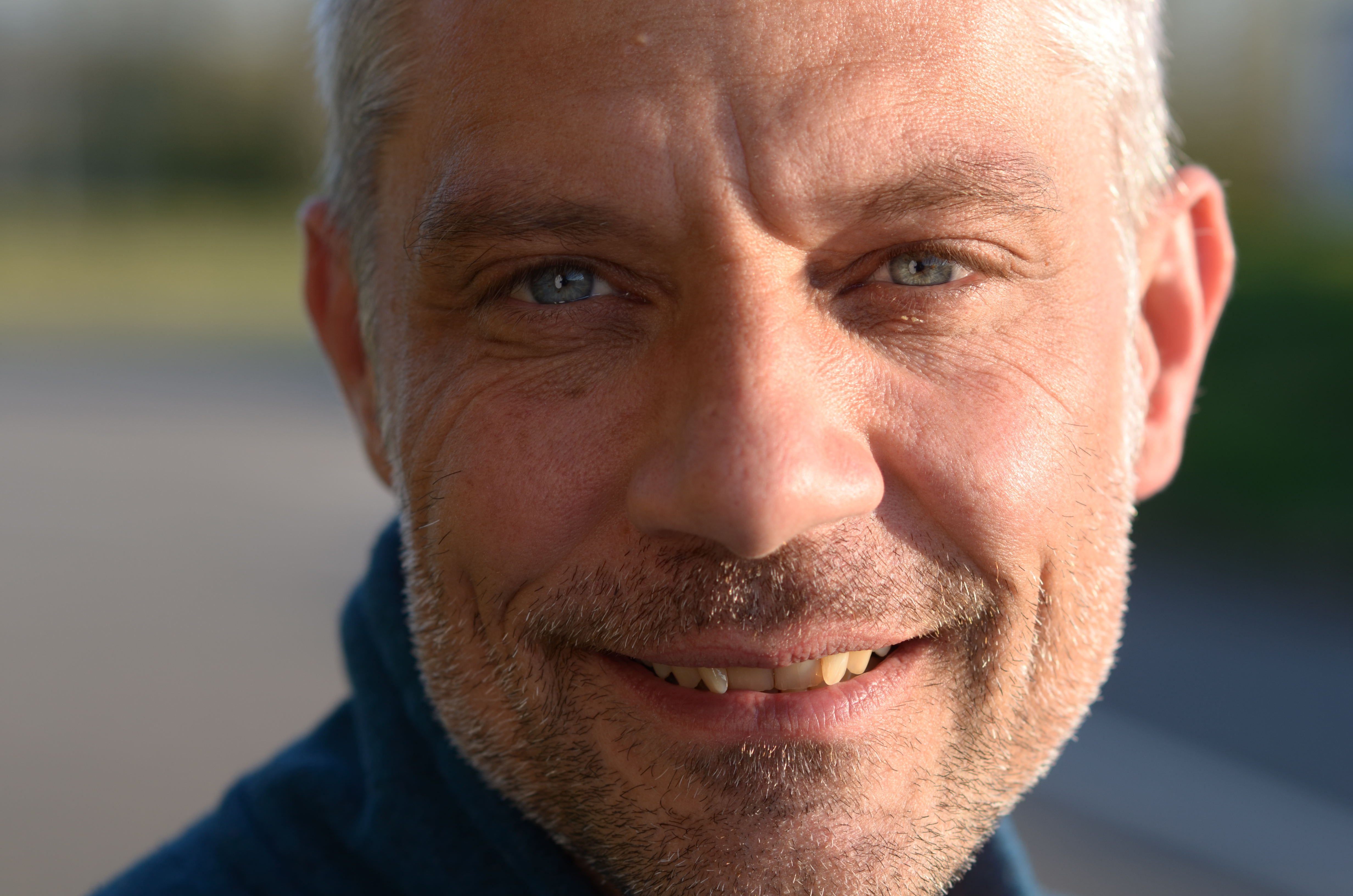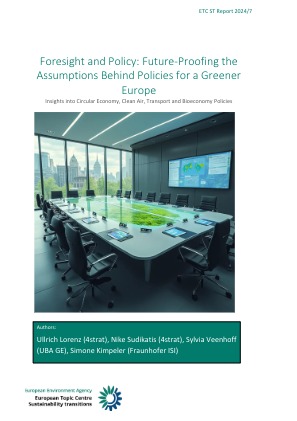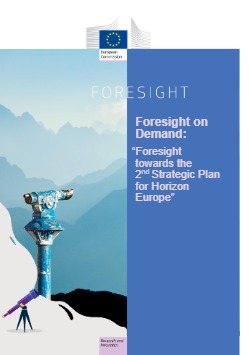Last Edited: 2 months ago
Foresight and Policy: Future-Proofing the Assumptions Behind Policies for a Greener EuropeFebruary 2025
Insights into Circular Economy, Clean Air, Transport and Bioeconomy Policies
This report offers an in-depth foresight assessment that critically evaluates and questions the foundational assumptions of European environmental policies related to the Green Deal. To enhance the resilience of these frameworks, the two-year study utilises a comprehensive set of methods, including impact wheel analysis, Ishikawa diagrams, cross-impact analysis, semi-structured interviews, and causal layered analysis. This approach reveals the cascading effects, entrenched cognitive biases, and intricate interdependencies present in policy design. These techniques facilitate a detailed examination of specific policy areas while providing a systemic perspective on how the connections among circular economy, bioeconomy, clean air and health, and the decarbonisation of transport impact overall sustainability results. By harnessing these diverse foresight techniques, the assessment reveals that conventional policy narratives are often oversimplified, obscuring risks and trade-offs that, if unchallenged, may impede a successful transition to a sustainable Europe. The impact wheel and Ishikawa diagrams facilitate the structured identification of primary and secondary effects, while the cross-impact analysis maps the interactive dynamics between assumptions. Semi-structured interviews provide nuanced stakeholder perspectives that uncover underlying worldviews and metaphors shaping policy discourse when synthesised via causal layered analysis. The study offers actionable recommendations for enhancing policy resilience, promoting integrated governance, and fostering adaptive strategies capable of addressing the multipronged challenges posed by environmental uncertainty.
Source: Eionet - ETCs- ETC Sustainability transitions (ETC ST) - Products
Posted on: 30/04/2025













